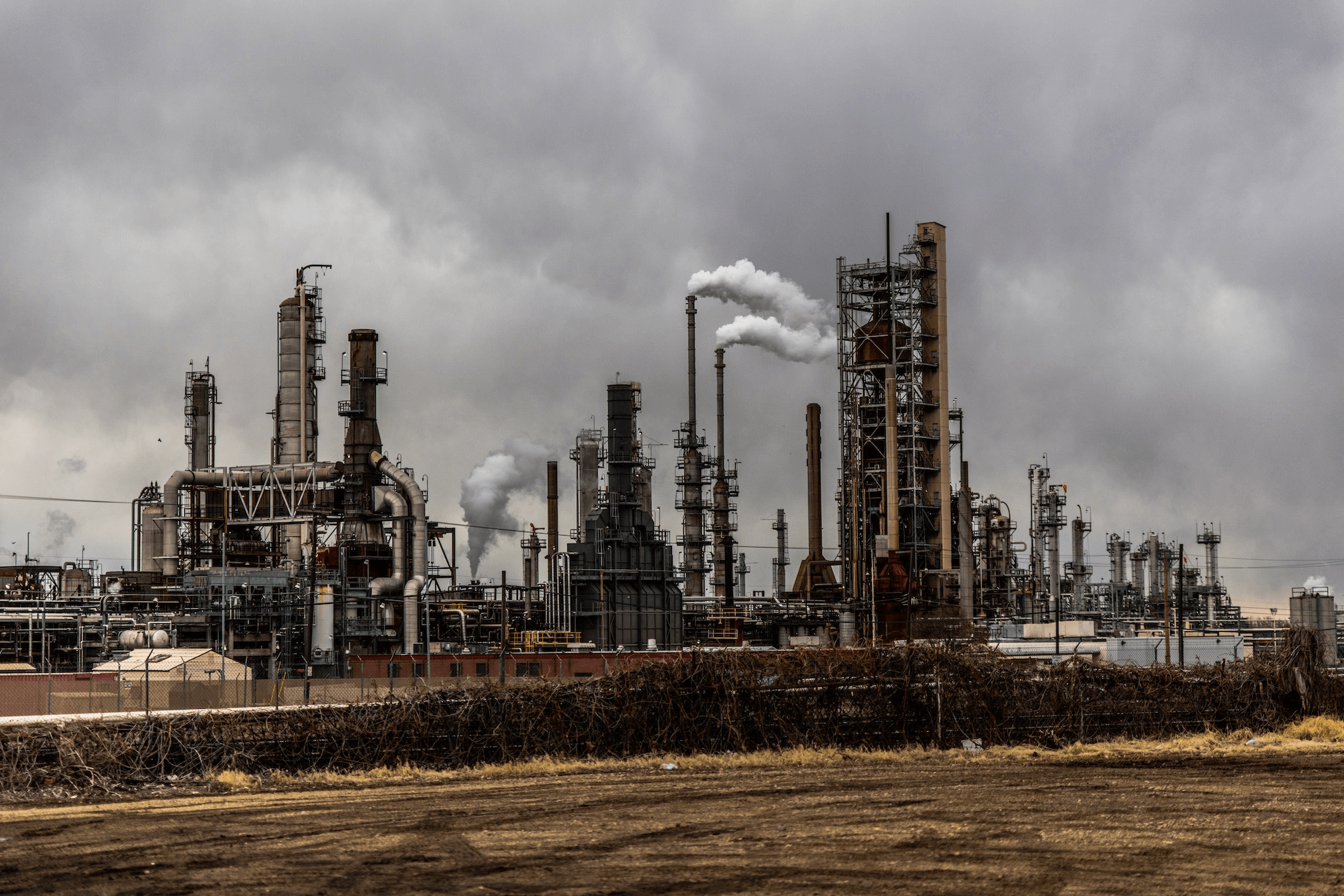Are multi-national investors failing in their Corporate Social Responsibility and increasing levels of pollution?
As we live in an increasingly globalised world, the economic decisions of one country may have negative consequences, not only for that country, but for others far beyond its borders. In the worst–case scenario, the impact can even be experienced on a global scale. Therefore, such decisions must be critically examined to ensure that they protect not just national well–being, but the very future of our planet. Using their accounting backgrounds, University of Tasmania lecturer Alia Alshamari and her colleague Dr Leanne Morrison from RMIT, are doing just that. They are examining the global, environmental impact of foreign investment in Iraq’s oil and gas resources. The findings will be used to identify whether multi–national investors have an effect on increasing the level of pollution, and whether they are failing in their corporate social responsibility (CSR) by not disclosing crucial data in their CSR reports.

Alshamari began her career in accounting in Iraq, lecturing in accounting principles, for nearly a decade before making the journey to Hobart and the University of Tasmania, where she completed a PhD in 2018.
Following her PhD Alshamira’s attention turned to her homeland in the Middle East and other developing countries of the world, which are being increasingly targeted for investment by multi–national companies“Growing up in Iraq, I witnessed first–hand the disastrous effects the oil and gas sectors had (and are still having), in terms of noxious gas emissions, and water and soil contamination, on the environment, and the subsequent health problems of the population.
The country then opened the door to foreign investment, which was expected to increase the level of production by 500% within 7 years.
Reflecting on this, Alshamari began to question whether there might be a relationship between the increase in the environmental and human problems and the increased level of oil and gas production. In particular, she wanted to examine the corporate social responsibility (CSR) of the companies that work in such sectors.
“Using the environmental reports of a selection of international oil and gas companies, Dr Leanne Morrison and I began to investigate whether such entities respect environmental protection laws and regulations, and whether they make disclosures concerning their use of investments to reverse existing damage and prevent it in the future.
“This paper found that despite very significant and critical environmental damage being perpetrated in Iraq, particularly in the Basra region by the oil industry, these companies are not demonstrating accountability for such damage.”
This information is essential for all Environmental organisations such as the UN environment and the Intergovernmental Panel on Climate Change in their efforts to protect the environment. It is also essential for Humanitarian organisations and World Health Organizations in their attempts to protect the human rights.
In term of accounting, this information can be important for accountancy bodies such as IASB and its effort to enhance the quality of the sustainability report.
While Alshamiri’s current focus lies abroad, she acknowledges the invaluable role played by the University of Tasmania:
“As a researcher, I continue to feel humbled by the discoveries I am able to make because of the practical assistance and skills training provided by the University of Tasmania. Also, I draw inspiration from the support of my colleagues there, to continue my search to uncover the truth, which I hope will help, in some small way, to ensure the survival and wellbeing of our world and its people.”